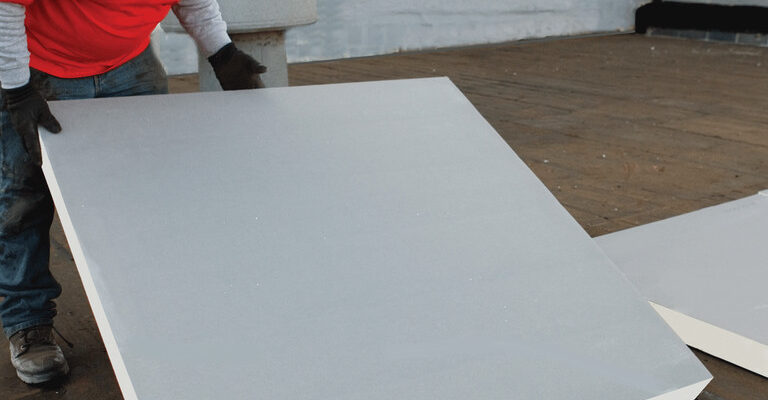Insulation plays a vital role in commercial roofing systems, providing numerous benefits for both the building and its occupants. Proper insulation helps regulate indoor temperatures, reduces energy consumption, enhances occupant comfort, and contributes to the overall performance and efficiency of the roofing system. In this blog post, we will explore the importance of insulation in
commercial roofing and discuss its various benefits. Understanding the role of insulation will help you make informed decisions when it comes to your commercial roofing projects.
1. Thermal Regulation: One of the primary functions of insulation in commercial roofing is thermal regulation. Insulation acts as a barrier against heat transfer, reducing the transfer of heat from the outside environment to the interior of the building during hot weather and vice versa during cold weather. By minimizing heat gain or loss, insulation helps maintain a consistent indoor
temperature, reducing the reliance on heating and cooling systems. This, in turn, leads to energy savings and lower utility costs.
2. Energy Efficiency: Properly insulated commercial roofs contribute to improved energy efficiency. By reducing heat gain in summer and heat loss in winter, insulation helps stabilize indoor temperatures, reducing the need for excessive heating or cooling. This results in lower energy consumption and reduced carbon footprint. Insulation also aids in preventing air leakage, ensuring that conditioned air remains inside the building and unconditioned air stays outside. Consequently, energy-efficient insulation can help businesses achieve green building certifications and meet energy efficiency standards.
3. Condensation Control: Insulation plays a crucial role in controlling condensation within the roofing system. It prevents warm, moist air from reaching the colder roof surface and condensing, which can lead to moisture damage, mold growth, and structural issues. By
maintaining a consistent temperature throughout the roofing assembly, insulation helps prevent the formation of condensation and safeguards the integrity of the roof structure.
4. Soundproofing: Insulation also contributes to soundproofing commercial spaces. It absorbs and reduces noise transmission from the external environment, such as traffic or nearby construction, as well as internal noise sources within the building. Adequate insulation can create a more comfortable and productive working environment by minimizing disruptions caused by external sounds.
5. Fire Resistance: Certain types of insulation used in commercial roofing systems offer fire resistance properties. These materials are designed to slow down the spread of flames in the event of a fire, providing valuable time for evacuation and reducing potential damage. Fire-resistant insulation can help enhance the overall fire safety of the building and comply with fire
codes and regulations.
Conclusion: Insulation is a critical component of commercial roofing systems, offering a range of benefits that contribute to energy efficiency, occupant comfort, and overall building performance. From regulating indoor temperatures and reducing energy consumption to controlling condensation and enhancing fire resistance, insulation plays a multifaceted role in commercial roofing. When undertaking roofing projects, it is essential to consider the appropriate insulation materials and installation techniques that align with your building's specific requirements. By investing in quality insulation, you can create a more sustainable, comfortable, and cost-effective environment for your commercial property.

